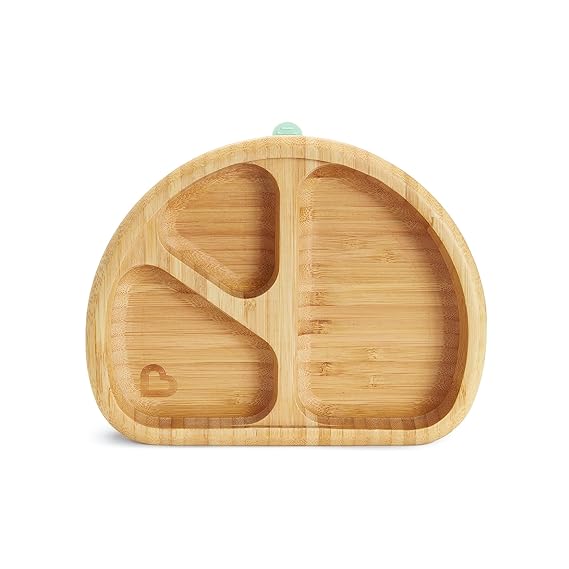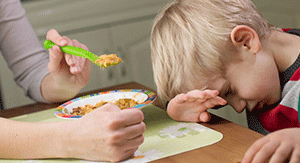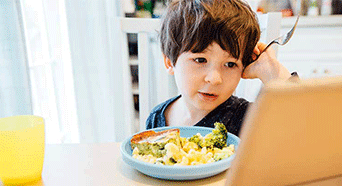Feeding a toddler often feel like a battle, as their continuous refusal to food may be frustrating for parents. . Understanding why your toddler is refusing food is the first step toward finding a solution. Here are eight common reasons why toddlers might refuse to eat and what you can do about it.
Other Topics You Might Like
Helpful Products You Might Like

SmartyPants Toddler Multivitamin Omegas

Vegetable Cutter Shapes Set

Munchkin Bambou Divided Suction Plate For Babies
"(Paid Links)" 
Developmental Milestones
Toddlers are learning independence in this age, and food is the main field where they can show their independency. It may be your toddler's way to express autonomy. It is always good to provide choices and allow them to feel independent by deciding between healthy options. For example, letting them choose between two different vegetables can make them more willing to eat.
Lack of Appetite
The small stomachs and the slow growth rate scan lead to a decreased appetite. It's usual for toddlers to eat very little at one meal and more at another. Avoid forcing them to eat when they're not hungry.

Snacking Between Meals
If you are providing frequent snacking between mealtime, it mat lead to lack of hunger. Snacking throughout the day, especially with unhealthy options, such as, sweets or juices, may reduce apatite of your toddler. Therefore, try an established routine with set meal and snack times.
Distraction During Meals

Toddlers need a calm environment to focus on eating. If your toddler Loves to eat while watching the TV, it may distract them by their surroundings. Make sure you are providing a focused and quiet mealtime routine without screens or toys to encourage better eating habits.
Food Sensitivity or Aversion
Some toddlers refuse to eat because of a sensitivity to certain tastes, textures, or smells. If your child often refuses a particular type of food, there is a possibility that your child dislikes it or has an allergy.
Teething Pain
Teething is always uncomfortable for toddlers, especially when it comes to harder foods. If your toddler is teething, they might refuse to eat because it is painful to eat. Offer some softer foods that are easier to manage, and try serving cold foods like yogurt or chilled fruit, which can soothe sore gums.
Feeling Unwell
When a toddler is feeling unwell, their appetite decreases naturally. Colds, flu, or even a mild stomach upset can reduce their interest in food. If your toddler is refusing to eat and also showing other signs of illness, such as a fever or lethargy, it's important to offer plenty of fluids and consult with your doctor if necessary.

Power Struggles
Food can turn into a battlefield in toddler power battles, which are well-known. A toddler may refuse to eat as a form of control if eating starts to cause them stress or conflict. It's crucial to maintain composure and refrain from starting arguments during meals. Rather, provide your child with a range of things to choose from and don't put any pressure on them to eat everything they want.
Conclusion
Finding the exact reason behind a food refusal can help you to address the issue more effectively. Whether it's due to developmental changes, lack of appetite, or external distractions, patience and consistency are key. By maintaining a positive mealtime environment and offering healthy choices, parents can help their toddlers to develop healthy eating habits that will last a lifetime. Remember, it’s normal for toddlers to go through phases of picky eating, and most will grow out of it with time and gentle encouragement.
